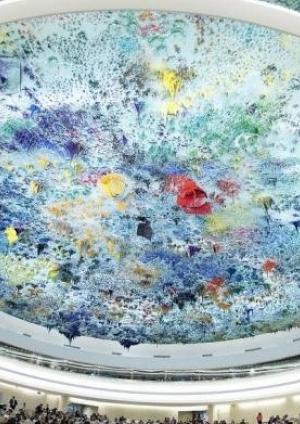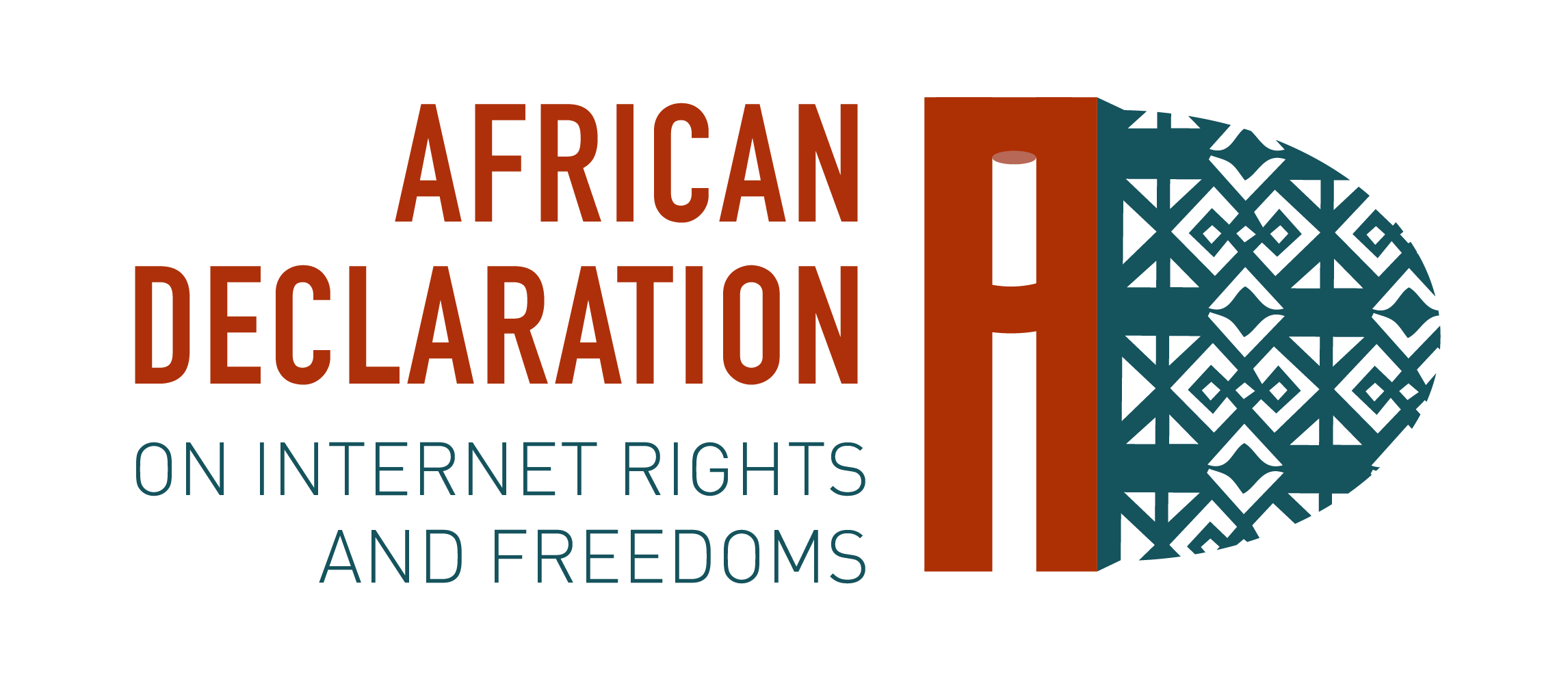A comic strip that demonstrates the challenges women face online, developed by our member Kenya ICT Action Network (KICTANet).
There are increasing concerns over the way in which some of the data collected through automated digital technologies for law enforcement is being manipulated or misused, prompting calls for more accountable use of personal data to protect the rights of citizens.
The new edition of GISWatch on "Technology, the environment and a sustainable world: Responses from the global South" is launching! Be sure to save the date – 22 April – and join us as we explore the constructive role that technology can play in confronting environmental and climate crises.
 Connecting the Unconnected: Supporting community networks and other community-based connectivity initiatives
Connecting the Unconnected: Supporting community networks and other community-based connectivity initiatives
This project will contribute to an enabling ecosystem for the emergence and growth of community networks and other community-based connectivity initiatives in developing countries. It is part of a multi-year, multi-donor strategy envisaged to address the human capacity and sustainability challenges, along with the policy and regulatory obstacles, that limit the growth of community-based connectivity initiatives.
 Challenging hate narratives and violations of freedom of religion and expression online in Asia
Challenging hate narratives and violations of freedom of religion and expression online in Asia
This project seeks to protect and promote respect for freedom of religion and expression on the internet, particularly by countering hate speech online on the basis of religion, and generating narratives and discourse that defend secular and diverse opinions touching upon religion. The three-year project focuses on five countries in South and Southeast Asia: Bangladesh, India, Indonesia, Myanmar and Pakistan.
 FIRN: Feminist Internet Research Network
FIRN: Feminist Internet Research Network
The Feminist Internet Research Network is a three-and-a-half-year collaborative and multidisciplinary research project led by APC, funded by the International Development Research Centre. The project draws on the study “Mapping research in gender and digital technology”, and the Feminist Principles of the Internet collectively crafted by feminists and activists, primarily located in the global South.
Global Information Society Watch (GISWatch) is an annual report co-produced by the APC network and partners, which looks at the progress being made in creating an inclusive information society worldwide (particularly in implementing WSIS goals), encourages critical debate, and strengthens networking and advocacy for a just, inclusive information society.
How are APC members improving their communities’ lives? We are launching a new column, “Seeding change”, to feature some of the stories of change that are being weaved by members of the APC network in each of their contexts and communities.
The pandemic’s changed a lot of ways in which societies are working. How far are these changes temporary and how far permanent? Should governments and businesses leverage these changes or seek to rebuild what’s been lost?
I don’t get it. How could we let these people/companies condition us into thinking that we need to remove our freckles to look beautiful but then at the same time use those freckles as a filter to make us feel beautiful?
Columns
In this report summary we share presentation briefs, quotes, insights and discussions from the Feminist Internet Research Network (FIRN) online convening, held from 15 to 23 June 2020.
In 2011, the UN General Assembly resolved to maintain the status of the Human Rights Council as a subsidiary body and to consider the question again 10 to 15 years later. Our organisations wish to express their position regarding the expected consideration of this question between 2021 and 2026.
Over a dozen global organisations, including APC, have created a historical document containing urgent measures for the protection of women human rights defenders (WHRDs).
The 2020 edition of Global Information Society Watch (GISWatch) will be launching soon! In anticipation, you can now read a selection of full-length reports in the GISWatch 2020 Sneak Peek!
The IGF is a key platform for identifying viable ways to shape, sustain and strengthen global digital cooperation, by mobilising collective intelligence and the potential of multistakeholder collaboration and action to respond to the persistent and emerging challenges in the digital age.
As well as requirements such as commitment to the universal application of human rights, relevant experience, competence, independence and personal integrity, any individual considered for this mandate should also be well positioned to address the gendered dimensions of privacy.
In the Roadmap on Digital Cooperation launched in 2020, the UN Secretary General proposes reforms to promote the strengthening of the Internet Governance Forum, so that it could become "more responsive and relevant to current digital issues."
Free/libre and open-source software (FLOSS) offers us the possibility of escaping from an imposed “reality”: that we need to pay for access to certain proprietary software tools. Código Sur shares an overview of various FLOSS alternatives for different types of graphic design and layout work.


























